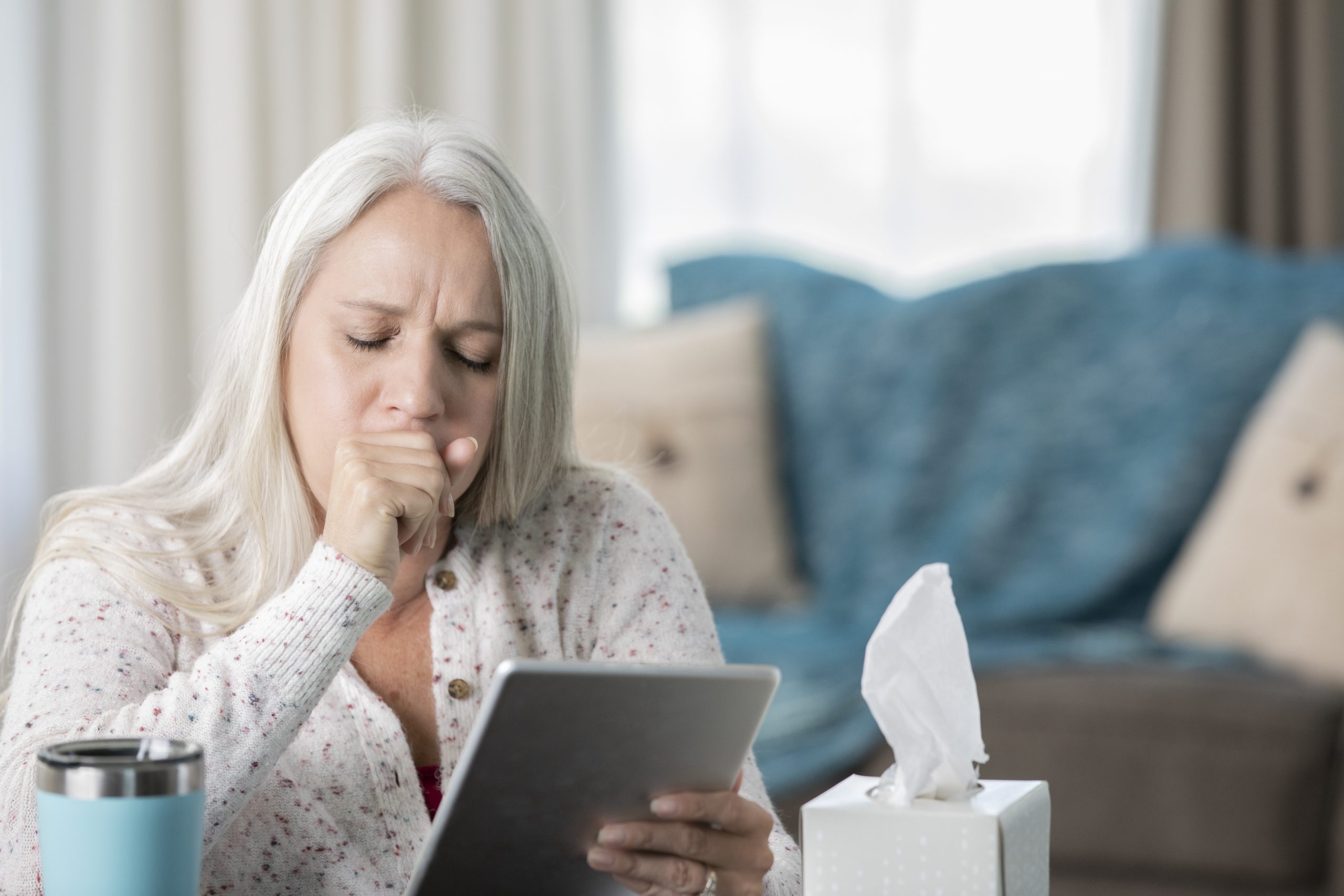
We recently shared our thoughts on outpatient services and the urgent need for transformation, highlighting the opportunities for change offered by new technologies. While the design of outpatient services needs radical reform, the appointments themselves serve an important purpose in many patient journeys, particularly where there has been an event or procedure, or where regular check-ups for a long-term condition are needed.
In our previous outpatients blog we discussed how diabetes is being managed through virtual outpatient clinics. Without these virtual clinics, patients have to travel to outpatient appointments, wait for diagnostic tests and then travel home again. King’s College Hospital, London is just one of many hospitals across the UK which has set up virtual diabetes clinics. Clinical Commissioning Groups (CCGs) are also getting involved and Lambeth CCG in south east London is another recent example. In the south west of England virtual clinics are being used in other clinical areas including a pilot program run by rheumatology clinicians.
Our relatively recent ability to re-imagine outpatients as a concept is based on two main groups of important technological innovation: diagnostic testing and diagnostic data transfer via wearable and other near-patient devices; and the ability to easily communicate via video.
The ability to monitor the long-term health conditions of patients when they are in their homes, including collecting information such as insulin levels and blood pressure, means that it is increasingly less important for patients to see healthcare professionals in person. A key point here is that in many situations personal contact between patients and clinicians is still crucial, but that personal contact can now be used when necessary rather than for every routine data-collection episode.
Video calls allow patients to access time with a healthcare professional from their own home, offering a more efficient way of dispensing advice but without the inconvenience and expense of travel to a healthcare facility.
Using these types of technology for remote outpatient appointments, where appropriate, can deliver significant benefit for patients. By eliminating the need to travel to appointments and the time spent waiting in a clinic, remote access helps to improve the patient experience, and ease of access encourages more people to attend appointments, improving patient outcomes.
Remote outpatient appointments also deliver organisational efficiencies, by resulting in fewer cancelled appointments and making better use of clinician’s time. Take the example of someone who has been referred for orthopaedic surgery and is advised to carry out exercises beforehand in preparation. Rather than having to attend appointments with a physiotherapist, a video segment or link can show the patient how to complete the exercises and a connected device can keep track of exercise compliance and ensure exercises are completed, which in turn increases the likelihood of improved surgical outcomes.
As we speed towards an ever more digitally connected world, our health systems will increasingly focus on wellness, rather than illness, by using technology (video consultations, diagnostic testing) to keep people living at home independently for longer. This evolution of healthcare means adopting different workflows, looking at how each department in a hospital connects with patients and working out how the technology that is available can be used to improve outcomes which matter to patients.
The advent of 5G networks will make this re-imagining of outpatients possible in clinical areas beyond diabetes and will certainly be a catalyst in the shift towards a wellness-focused health service.
Click here to find out more about Capita Healthcare Decisions and the work we are doing to help patients, clinicians and healthcare systems around the world improve outcomes using innovative digital solutions. Or email healthcaredecisions@capita.com



